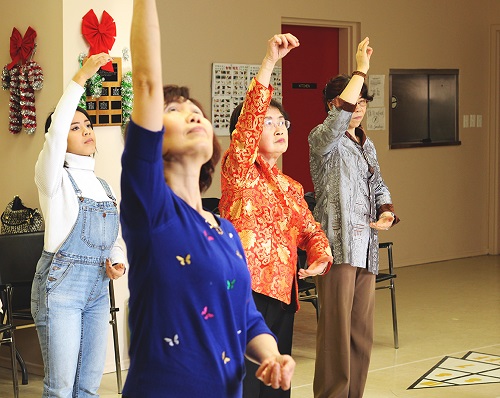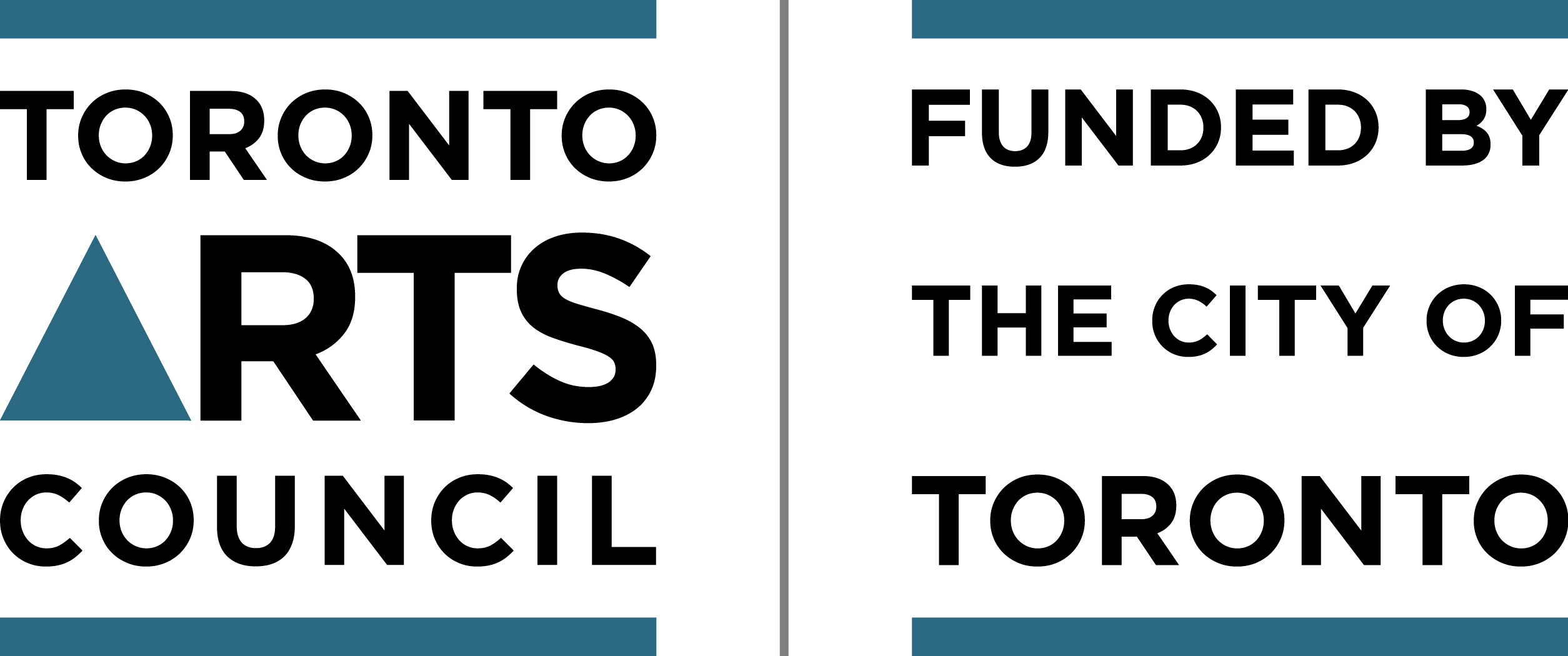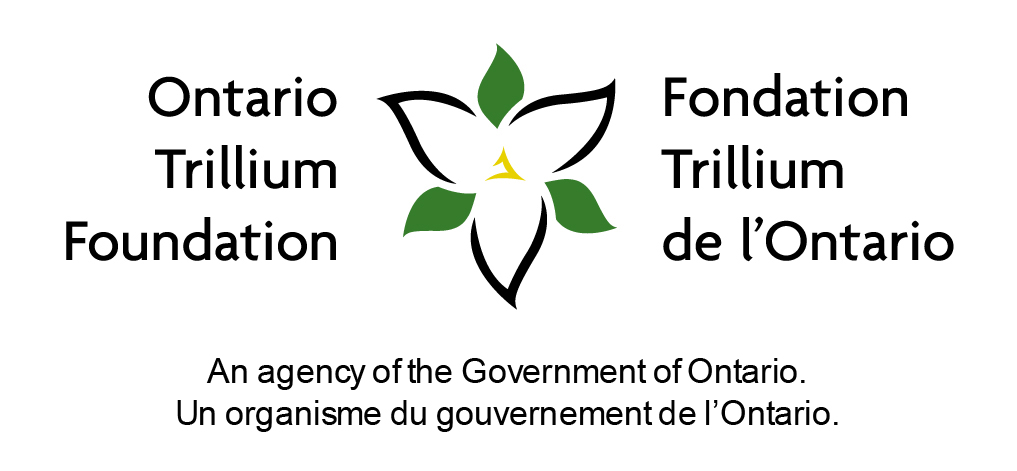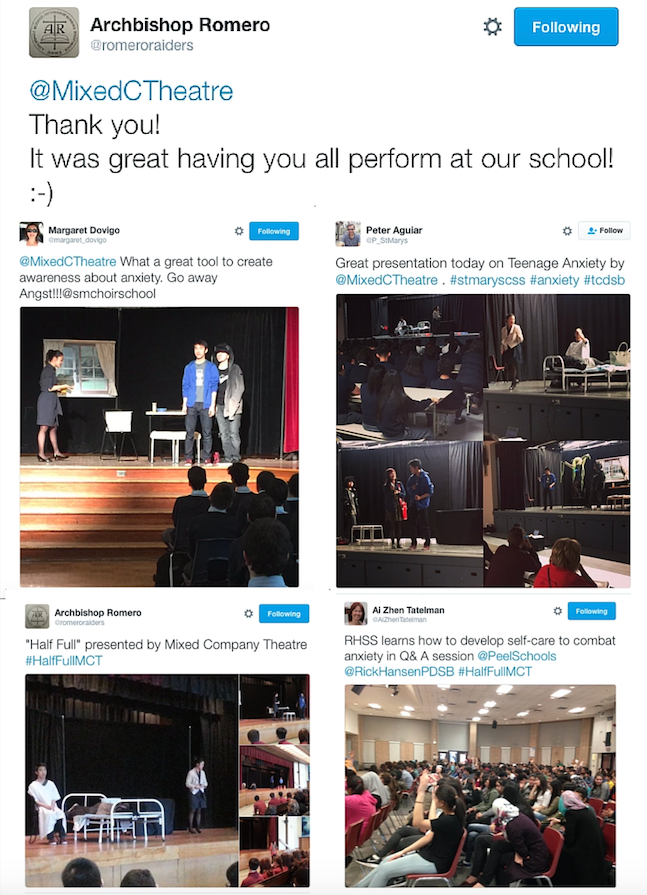Mixed Company Theatre has been producing innovative, socially-relevant theatre as a tool for positive change since 1983.
Founded as an artist-run collective, today this nationally recognized not-for-profit is known for their commitment to inspiring communities across Canada to create social change through the theatrical practice of Forum Theatre.
Our most recent initiatives include the InterGEN Project, a three-year program to connect seniors and youth from culturally diverse communities across the GTA through creative workshops led by professional artists. The tales of family, migration, and cultural displacement that arose from these workshops were developed into two full-scale theatrical productions, Shelf Life and Spring Moon, that received national coverage from CBC News and OMNI Television.
Outreach Intern [Paid, Part-Time]
Duration: 15 Hours/Week; 6 month contract with strong possibility of extension
Rate of Pay: $14/Hour
Deadline for Application: October 1st, 2017
Key responsibilities include:
Creating and maintaining an up-to-date detailed contacts database.
Promoting our programming through phone and email to partner organizations and individual supporters/donors.
Seeking and engaging new community/ educational partners and audiences.
Additional administrative or creative tasks as determined in consultation with the General Manager, the Artistic Director, and/or Communications Director.
The ideal candidate will have:
Completed or is currently enrolled in a post-secondary program.
Excellent oral and written communication skills.
The ability to work both independently and collaboratively.
Knowledge or interest in theatre, particularly the practice of Forum Theatre or Theatre of the Oppressed.
Strong interest in a career in community engagement, arts administration, and/or education.
Knowledge of database management, graphic, and/or web design is an asset.
Multilingualism is an asset.
Experience in client relations or customer service is an asset.
HOW TO APPLY
Applicants should send a resume and cover letter outlining their interest and how they meet the specific requirements of the position to info@mixedcompanytheatre.com by OCTOBER 1, 2017.
While we sincerely appreciate all applications, only those candidates selected for an interview will be contacted.
